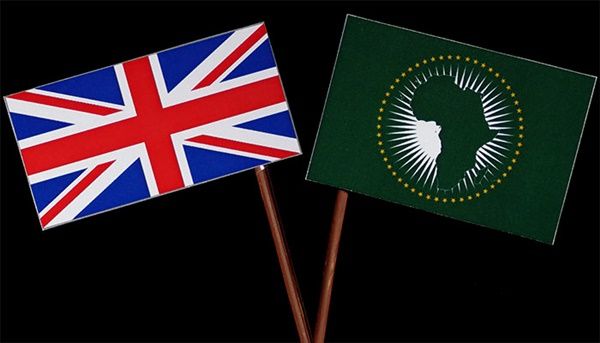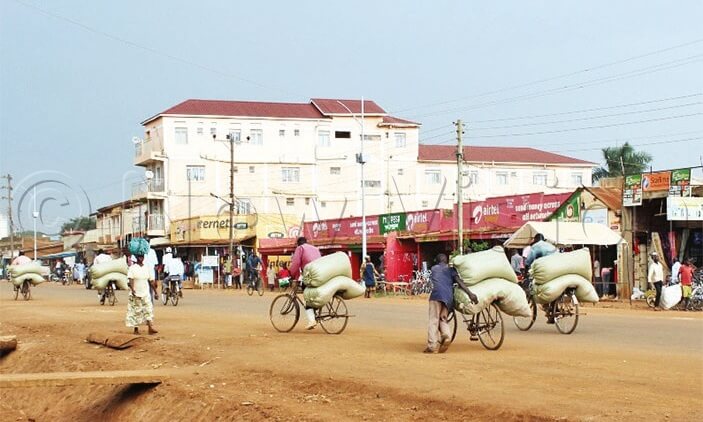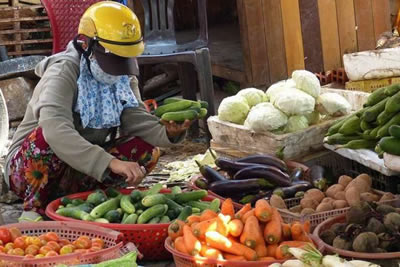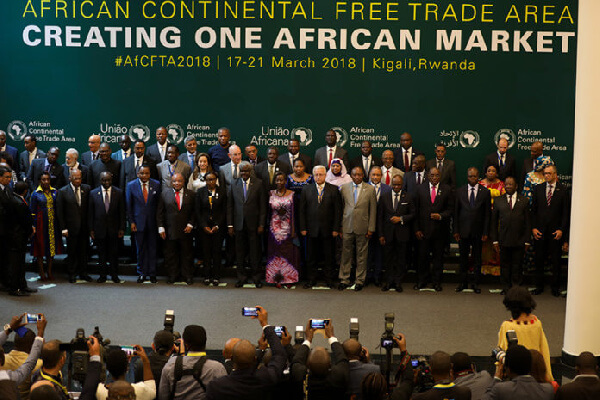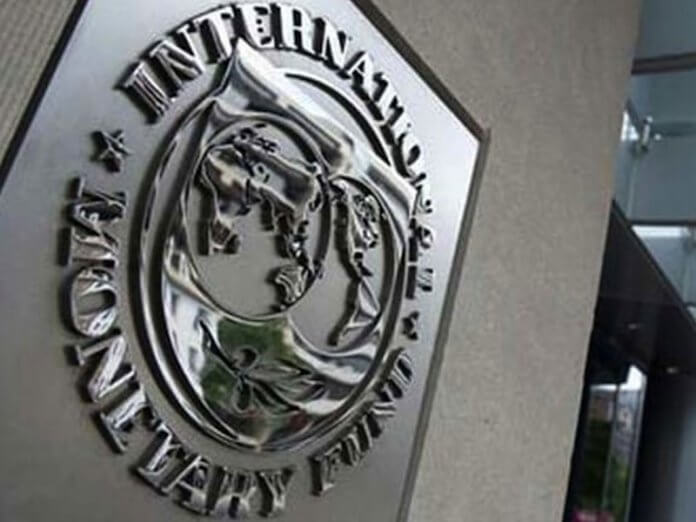KATIKA hatua inayoonesha kukabiliana na kuenea kwa maambukizi ya ugonjwa wa homa ya mapafu inayosababishwa na virusi vya corona, sambamba na kutathmini athari kiuchumi katika kongani zake, Taasisi ya Sekta Binafsi Tanzania (TPSF) imeunda kamati ya ushauri yenye wajumbe 14 wabobezi wa sekta mbalimbali. Akizungumza na waandishi wa habari Jijini Dar es Salaam jana, Mwenyekiti wa TPSF, Angelina Ngalula amesema kamati imepewa majukumu makuu manne ikiwemo kutoa ushauri kuhusu athari zitakazotokana na ugonjwa huo wa Covid- 19 kwenye kongani zote za sekta binafsi. “Tunategemea kamati itatoa ushauri na mapendekezo yenye mashiko kwa serikali, taasisi za kifedha na mashirika mbalimbali ya kikanda na kimataifa kuhusu namna bora ya kujenga miradi ambayo imeathirika kutokana na Covid- 19,” amesema Ngalula aliyeambatana na Katibu Mtendaji wa Baraza la Taifa la Biashara (TNBC), Dk Godwill Wanga. Ngalula alisema kamati iliyojumuisha wasomi na wataalamu wazoefu na waliobobea katika maeneo mbalimbali watatoa ushauri wa mikakati ya uwekezaji na kusaidia viwanda vinavyozalisha bidhaa zinazopelekwa nje ya nchi. Akielezea zaidi kuhusu majukumu ya kamati, Mwenyekiti huyo wa TPSF alisema kamati hiyo itatoa mapendekezo ya kisera kwa serikali namna bora ya kukabiliana na madhara yatakayokuwa yameletwa na Covid-19. Ngalula aliwataja wajumbe hao kuwa ni Dk Hoseana Lunogelo, Dk Tausi Kida, Lawrence Mafuru, Phillip Redman, Dk Charles Kimei, Susan Mashibe, Dk Joyce Mapunjo, Michal Bacham, Geoffrey Kirenga, Jennifer Bash, John Ulanga, Edwin Bruno, Seif Said Seif na Aloys Bahebe. Dk Wanga mbali ya kupongeza uteuzi wa kamati hiyo mahiri, alizitaka kampuni kutotumia mwanya wa ugonjwa wa corona kutolipa kodi kwani zipo...
TPSF yaunda kamati athari za corona
Posted on: April 30, 2020
Posted on: April 30, 2020



